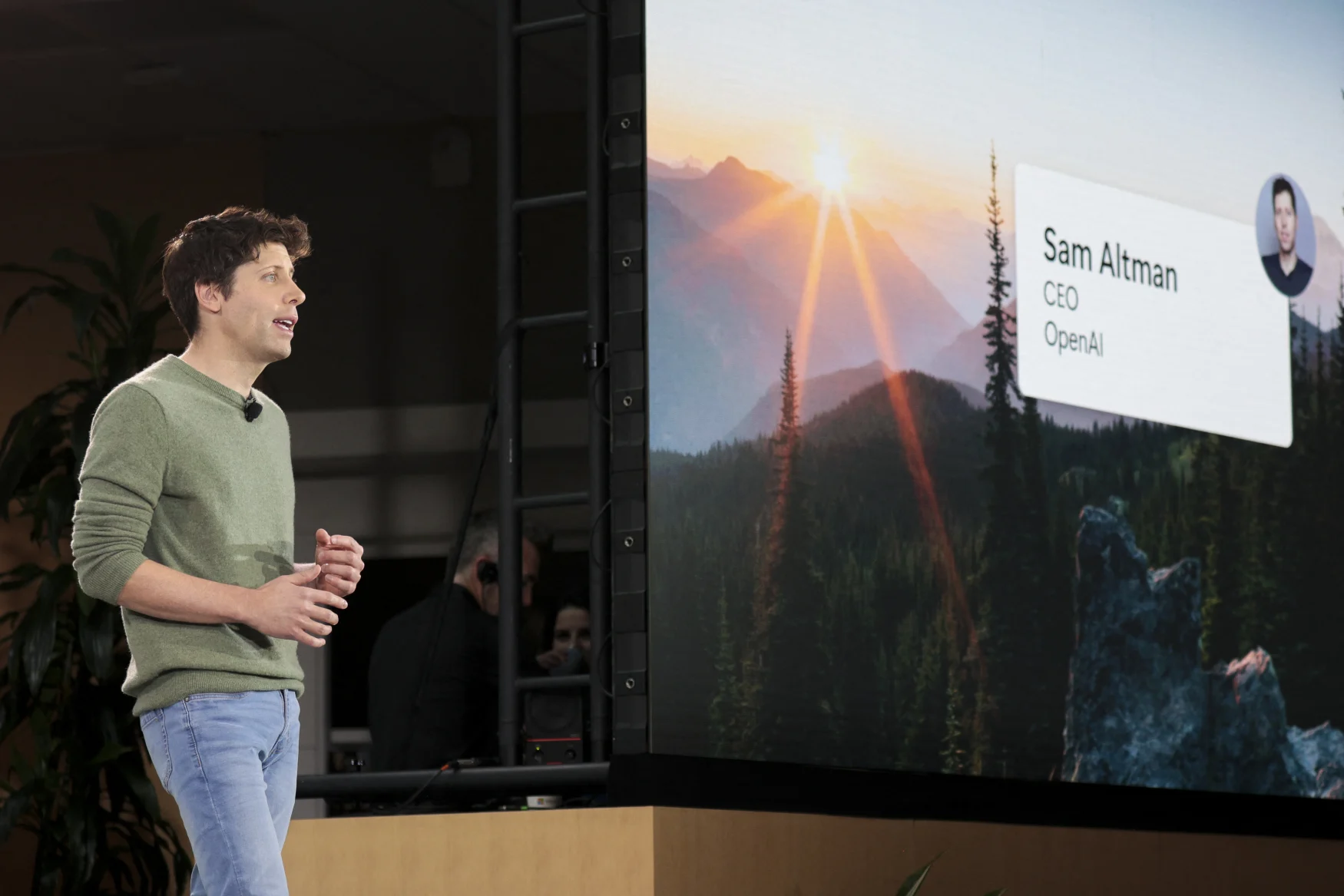ChatGPT is listed as the author or co-author of at least 200 books in the Amazon Kindle Store. according to Reuters. However, the actual number of books written by bots is likely much higher, as Amazon’s policies do not explicitly require authors to disclose their use of AI. It’s the latest example of AI-generated writing flooding the market and playing a role in creating ethically dubious content since the November launch of the free OpenAI tool.
“I can imagine people making a career out of this,” said Brett Schickler, a Rochester, New York, seller who published a children’s book on the Kindle Store. “The idea of writing a book finally seemed possible.” Schickler’s self-published story, The Wise Squirrel: A Story of Saving and Investing, is a 30-page children’s story, written and illustrated by AI, that sells for $2.99 for a digital copy and $9.99 for a print version. Although Schickler says the book has earned him less than $100 since its release in January, he only spent a few hours creating it with prompts from ChatGPT like “write a story about a father teaching his son about financial literacy.” .
Other examples of AI-created content on the Kindle Store include children’s stories the power of homeworka collection of poetry called echoes of the universe and a sci-fi epic about an interstellar brothel, Galactic Pimp: Vol. 1.
“This is something we really need to worry about, these books will flood the market and a lot of authors will be out of a job,” said Mary Rasenberger, executive director of the Authors Guild. “There needs to be transparency from the authors and the platforms about how these books are created or you will end up with a lot of low-quality books.”
clarkesworld
Meanwhile, the science fiction publication Clarkesworld Magazine has temporarily halted story submissions after receiving a deluge of items suspected of using AI without disclosure, such as reported by PC Mag. Although editor Neil Clarke did not specify how he identified them, he did acknowledge the (supposedly) bot-assisted stories due to “some very obvious patterns.” “What I can say is that the number of spam submissions that resulted in bans reached 38 percent this month,” he said. “While rejecting and banning these submissions has been simple, it is growing at a rate that will require change. To make matters worse, technology will only get better, making detection more challenging.”
clarkesworld currently bans stories “written, co-written or assisted by AI,” and the publication has banned more than 500 users this month for submitting suspicious AI-assisted content. clarkesworld pays 12 cents per word, making you a prime target. “From what I can tell, it’s not about credibility. It is about the possibility of earning fast money. That’s all they care about.” Clarke tweeted.

JASON REDMOND via Getty Images
Aside from the ethical issues of transparency, there are also issues of misinformation and plagiarism. For example, AI bots including ChatGPT, Microsoft’s Bing AI, and Google’s Bard are prone to “hallucinate,” the term for confidently spouting false information. Additionally, they are trained on human-created content, almost always without the original author’s knowledge or permission, and sometimes use syntax identical to the source material.
As of last year, the technology publication CNET used an internal AI model to write at least 73 economic explanations. Unfortunately, in addition to the initially cautious approach that only revealed that it was written by AI if you clicked on the byline, it also included numerous factual errors and almost identical wording from articles on other websites. As a result, CNET forced to make extensive fixes and pause the use of the tool; however, one of its sister sites has already experimented with at least using it again.
All Engadget Recommended products are curated by our editorial team, independent of our parent company. Some of our stories include affiliate links. If you purchase something through one of these links, we may earn an affiliate commission. All prices are correct at the time of publication.





